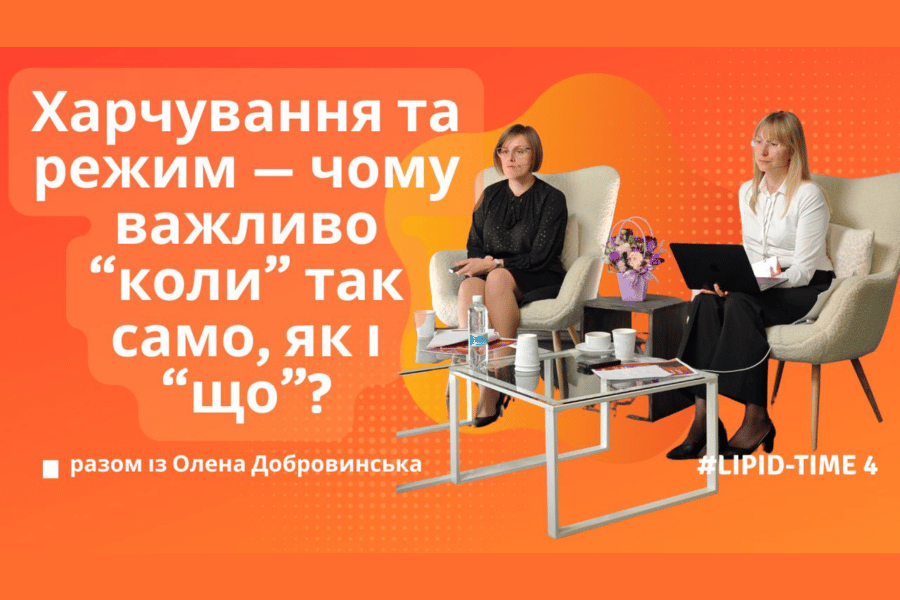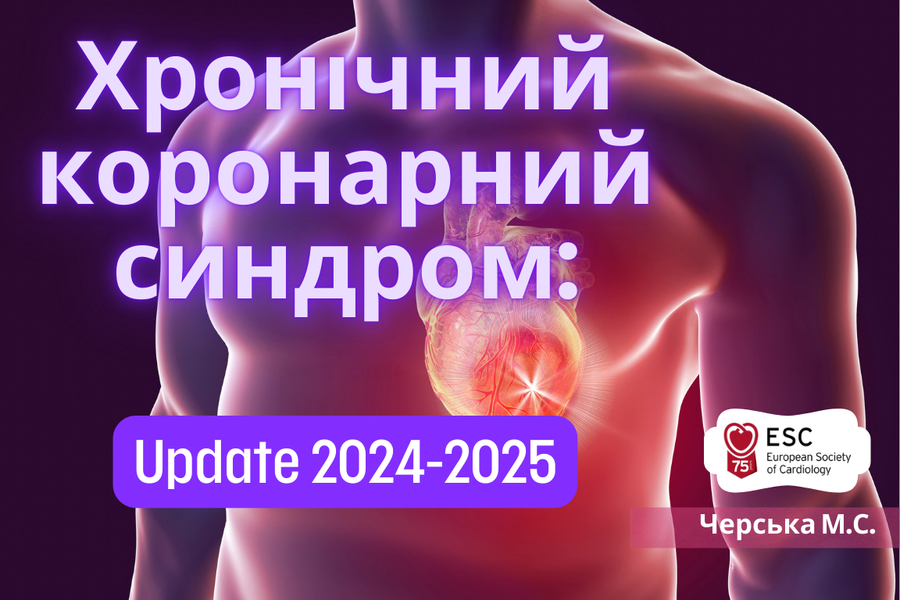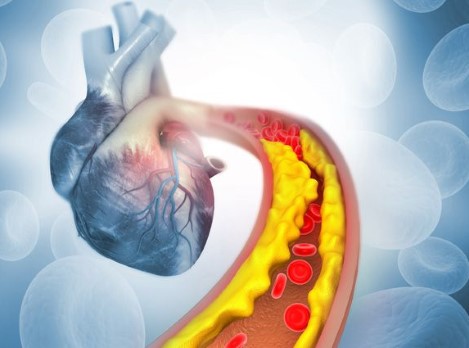The place of Rhythmocore in complex antiarrhythmic therapy in patients with thyroid pathology
Post updated: July 19
According to WHO, thyroid pathology affects more than 200 million people in the world. Over the past 5 years alone, the absolute increase in the number of newly diagnosed diseases in economically developed countries was 51.8% among women and 16.7% among men. According to the Framingham study, elevated TSH levels were observed in 13.6% of women, and in the Colorado study – in 9.5% of individuals [1].
It has long been known that the main clinical manifestations and symptoms of thyroid diseases are associated with the effect of thyroid hormones on the cardiovascular system. Both excess and lack of thyroid hormones cause changes in cardiac contractility, cardiac output, blood pressure and total peripheral vascular resistance (OPSS) [2, 3]. In most cases, cardiovascular changes are reversible with normalization of thyroid function. In recent decades, it has been shown that subclinical disorders of thyroid function can have an effect on the cardiovascular system and increase cardiovascular risk. It is becoming increasingly obvious that both acute and chronic cardiovascular pathology can alter the exchange of thyroid hormones and thereby contribute to the progression of cardiovascular insufficiency [4].
Cardioprotectors are pharmacological means of preventing disorders and optimizing heart function under normal physiological and pathological conditions. This term, which distinguishes a whole class of hepatoprotective and metabolic drugs used to correct and restore the functional state of the myocardium, appeared in medical and scientific terminology back in the 1990s [69]. Today, a point of view has been formed, according to which cardioprotectors are drugs of different chemical classes, the effect of which is not associated with a hemodynamic effect, but is mediated by optimizing the processes of formation and energy consumption, correcting the function of the respiratory chain, normalizing the balance between the intensity of free radical oxidation processes and antioxidant protection, directly affecting cardiomyocytes, which contributes to their survival in in conditions of ischemia, it prevents the formation of metabolic remodeling (changes) of the myocardium. [7].
The fundamental difference in the mechanism of action of the newly developed drug “Ritmokor” (pharmaceutical company "FarKoS") is the activation of glucose metabolism in ischemia, without blocking the oxidation of fatty acids in normoxic conditions. The active substance of the drug is pentaoxycaproic acid in the form of magnesium and potassium salts, which has a metabolic, membrane-stabilizing, antioxidant and antiarrhythmic effect [4].
The purpose of this study is a comprehensive analysis of antiarrhythmic activity, evaluation of the effectiveness and safety of course administration of Ritmokor in patients with diffuse toxic goiter in a state of compensation in addition to basic beta-blocker therapy, which is used in Ukraine according to the standards of management of such patients according to the scheme: Ritmokor 15 ml of 10% solution intravenously for 10 days, then 1 capsules 3 times a day for 1 month.
This clinical study was conducted as an observational (non-interventional), open, controlled, incomparable, prospective study in which the drug "Ritmokor" was prescribed in accordance with the registered indications. No additional monitoring procedures were carried out in the study, and the examination of patients was performed as part of the usual routine medical practice. The study involved 25 patients (average age = 43 ±6 years, 5 men, 20 women) who received treatment at the State Institution "Institute of Endocrinology and Metabolism named after V.P.Komissarenko NAMN of Ukraine" about diffuse toxic goiter.
See the full text of the article below.




